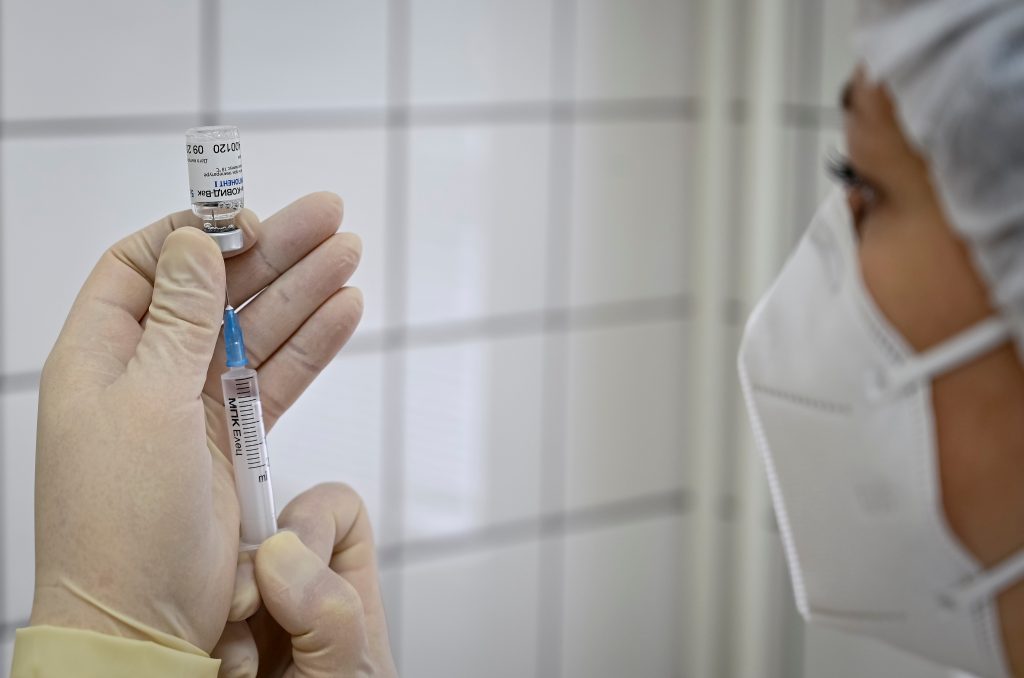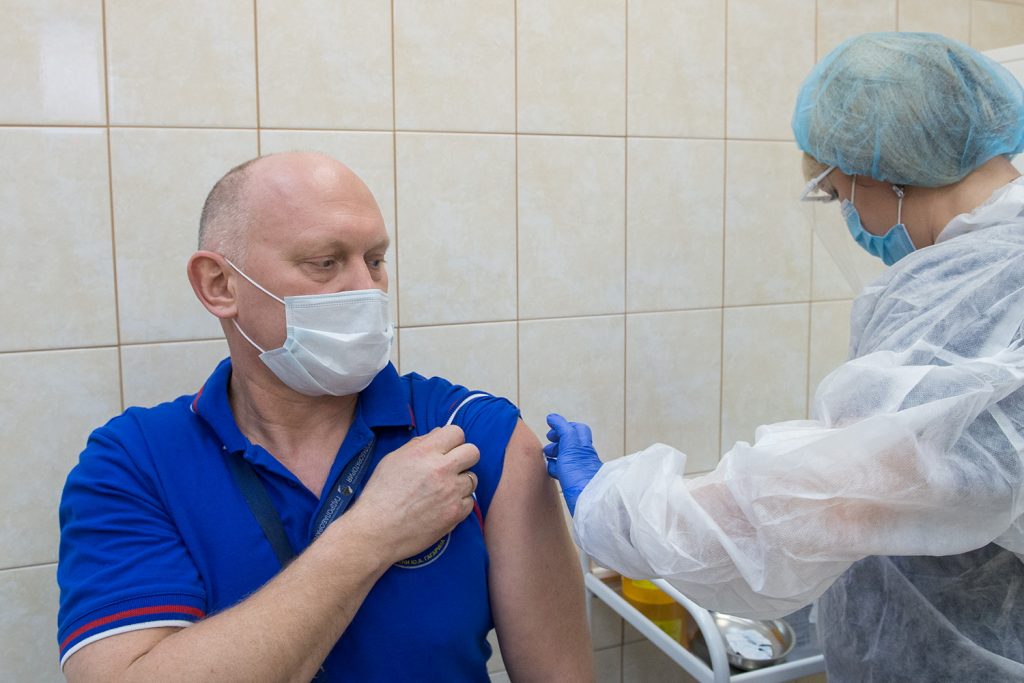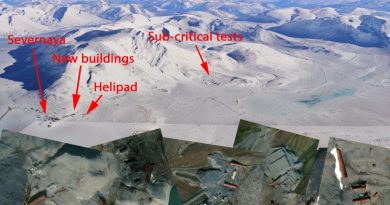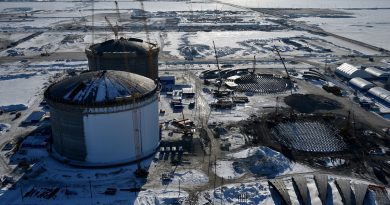Russia’s Northern Fleet begins 2nd stage of COVID-19 vaccination

Russian military medics have begun the second stage of vaccination of the Northern Fleet personnel, defence officials announced Thursday.
Thousands of servicemen and civilian employees of the Northern Fleet, a key element of Russia’s strategic nuclear triad, are expected to receive the second dose of the Sputnik-V Russian COVID-19 vaccine, three weeks after they were inoculated with the first dose, officials said in a press release.
Crews of surface and submarine vessels preparing for duty at sea and on Russia’s remote Arctic bases are among those who are receiving the vaccine.
In the past week, nearly 2,000 people have already received the first dose of the Russian-produced vaccine and about 3,000 more are expected to be vaccinated by the end of the year, officials said.
Military and civilian medical personnel are first to get the vaccine, as well as the leadership of the fleet and servicemen on active duty, according to the press release.
According to defence officials, no cases of adverse reactions to the vaccine have been reported so far, though some people report temporary fever and feeling of weakness, which is normal for many vaccines.
The first vaccine

Russia in August became the first country to grant regulatory approval to a COVID-19 vaccine, and began inoculating a small number of people considered high-risk while the trial was still under way. It ramped up the programme in December and over 200,000 people have now been inoculated.
The Sputnik-V vaccine is reported to have 91.4 per cent efficiency, which is slightly lower than the Pfizer/BioNTech and Moderna vaccines. Unlike the Pfizer vaccine, which needs to be kept at temperatures of minus 70 C, the Sputnik-V vaccine has to be kept at minus 18 C, making it easier to administer it outside large urban centres.
Just like the Pfizer and Moderna vaccines, Sputnik-V is a two-dose vaccine with the second dose being administered three weeks after the first dose.
Russian doctors warn that those who receive the vaccine should refrain from using alcohol, doing strenuous physical work or exercise for at least five days following the inoculation.
As of Jan. 1, 2021, the Northern Fleet is formally becoming Russia’s fifth military district. In addition to the fleet itself, which is based on the coast of the Barents Sea on the Kola Peninsula, the district includes the Arctic archipelagoes of Franz Josef Land, Novaya Zemlya, Severnaya Zemlya and the New Siberian islands.
The new military district also includes the four federal subjects of Murmansk Oblast, Arkhangelsk Oblast, Nenets Autonomous Okrug and the Komi Republic, which were previously part of the Western military district.
Related stories around the North:
Canada: Canada approves Moderna COVID-19 vaccine, Eye on the Arctic
Denmark: Faroe Islands institutes new COVID-19 recommendations until the end of 2020, Eye on the Arctic
Iceland: Iceland to review COVID-19 border measures by January 15, Eye on the Arctic
Sweden: Sweden’s northernmost county among regions to introduce stricter COVID-19 recommendations, Radio Sweden
United States: After early containment success, there’s now rapid COVID-19 spread in rural Alaska, including the Arctic, Alaska Public Media



